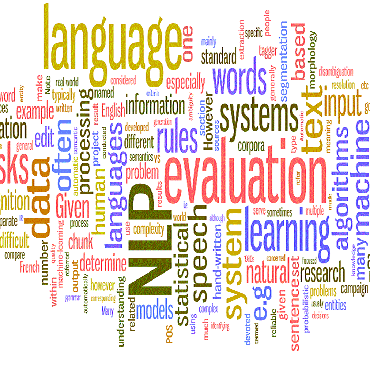There is growing interest in the role of sentiment in economic decision-making. However, most research on the subject has focused on positive and negative valence. Conviction Narrative Theory (CNT) places Approach and Avoidance sentiment (that which drives action) at the heart of real-world decision-making, and argues that it better captures emotion in financial markets. This research, bringing together psychology and machine learning, introduces new techniques to differentiate Approach and Avoidance from positive and negative sentiment on a fundamental level of meaning. It does this by comparing word-lists, previously constructed to capture these concepts in text data, across a large range of semantic features. The results demonstrate that Avoidance in particular is well defined as a separate type of emotion, which is evaluative/cognitive and action-orientated in nature. Refining the Avoidance word-list according to these features improves macroeconomic models, suggesting that they capture the essence of Avoidance and that it plays a crucial role in driving real-world economic decision-making.
翻译:人们对经济决策中情绪的作用越来越感兴趣,然而,关于这一主题的大多数研究都集中在正值和负值上。定罪理论(CNT)将方法和避免情绪(促使行动)置于现实世界决策的核心,并主张它更好地捕捉金融市场中的情绪。这一研究将心理学和机器学习结合起来,引进新技术,在基本意义层面上区分和避免积极和消极情绪。它通过将先前为在文字数据中捕捉这些概念而编制的单词清单在大量语义特征中进行比较来做到这一点。 研究结果表明,特别将避免定义为一种单独的情感,在性质上是评价/认知和注重行动的。 根据这些特征来重新界定避免字典列表可以改善宏观经济模式,表明它们捕捉了避免的精髓,在推动现实世界经济决策方面发挥着关键作用。



